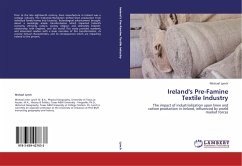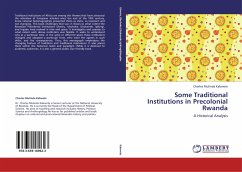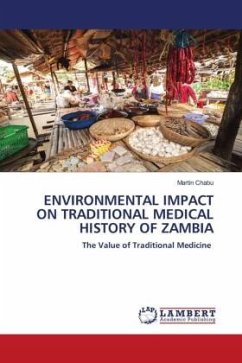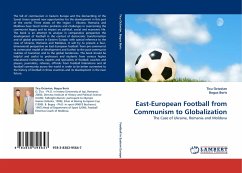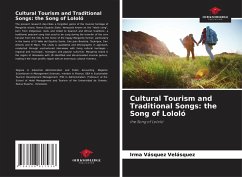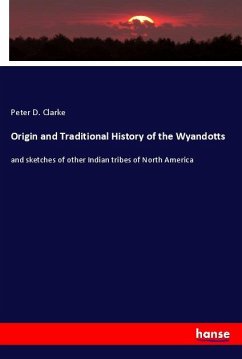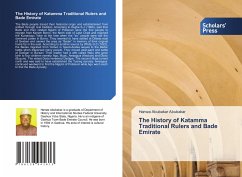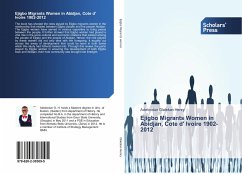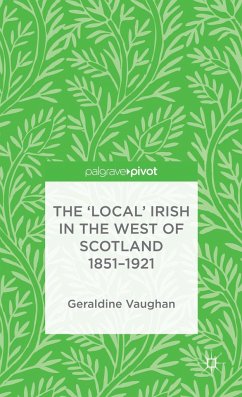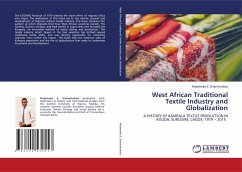
West African Traditional Textile Industry and Globalization
A HISTORY OF KAMPALA TEXTILE PRODUCTION IN AGUDA, SURULERE, LAGOS, 1979 - 2015
Versandkostenfrei!
Versandfertig in 6-10 Tagen
47,99 €
inkl. MwSt.

PAYBACK Punkte
24 °P sammeln!
The ECOWAS Protocol of 1979 marked the triple effect of migrant influx into Lagos. The implication of this influx led to the rebirth, growth and development of Nigeria's cultural textile industry. This book examines the pattern at which migrants from four West African countries namely: The Gambia, Guinea, Senegal, and Mali settled in Lagos cities and founded the Kampala, an innovative method of textile dyeing and production. This textile industry which began in the late seventies has birthed several traditional textile SMEs, and was directly responsible for attracting migrants from within the ...
The ECOWAS Protocol of 1979 marked the triple effect of migrant influx into Lagos. The implication of this influx led to the rebirth, growth and development of Nigeria's cultural textile industry. This book examines the pattern at which migrants from four West African countries namely: The Gambia, Guinea, Senegal, and Mali settled in Lagos cities and founded the Kampala, an innovative method of textile dyeing and production. This textile industry which began in the late seventies has birthed several traditional textile SMEs, and was directly responsible for attracting migrants from within the region. This book tells the historical tales of Kampala experience and the rise of globalization that seeks to undermine its growth and development.



